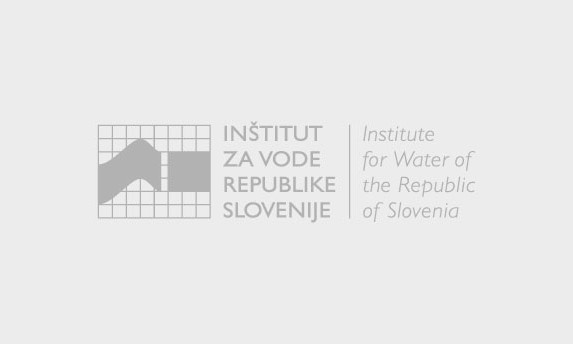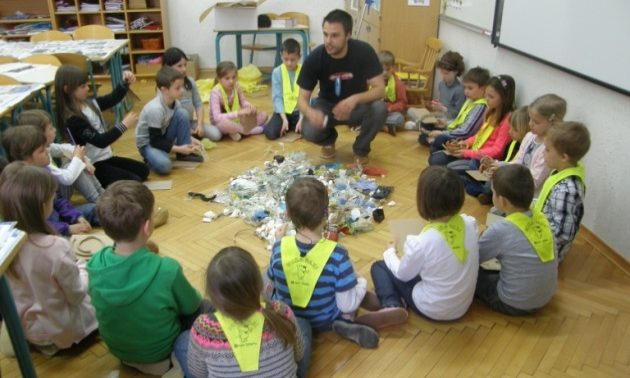Making an expert assessment of the change trend in the status of the water body at the border section of the Mura River (dredging (morphological changes of the water body), decrease of the surface of the Mura River and of the Apaško polje groundwater (hydrological changes) after the cross-sectional year of 2002 (Basic water management regulation of the border section of the Mura River – Standing Slovenian-Austrian Commission for the Mura River)), making expert groundwork for the positions of the Republic of Slovenia within the Standing Slovenian-Austrian Commission for the Mura River regarding the determination of the status of the water body at the border section of the Mura River and making expert groundwork for a proposal of measures to improve the status of the water body at the border section of the Mura River that are coordinated between the neighbouring countries of Slovenia and Austria at the Standing Slovenian-Austrian Commission for the Mura River.


